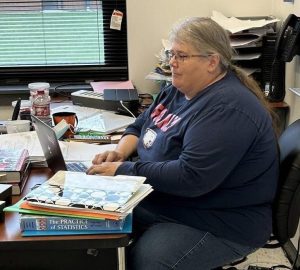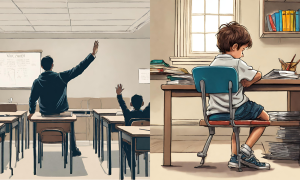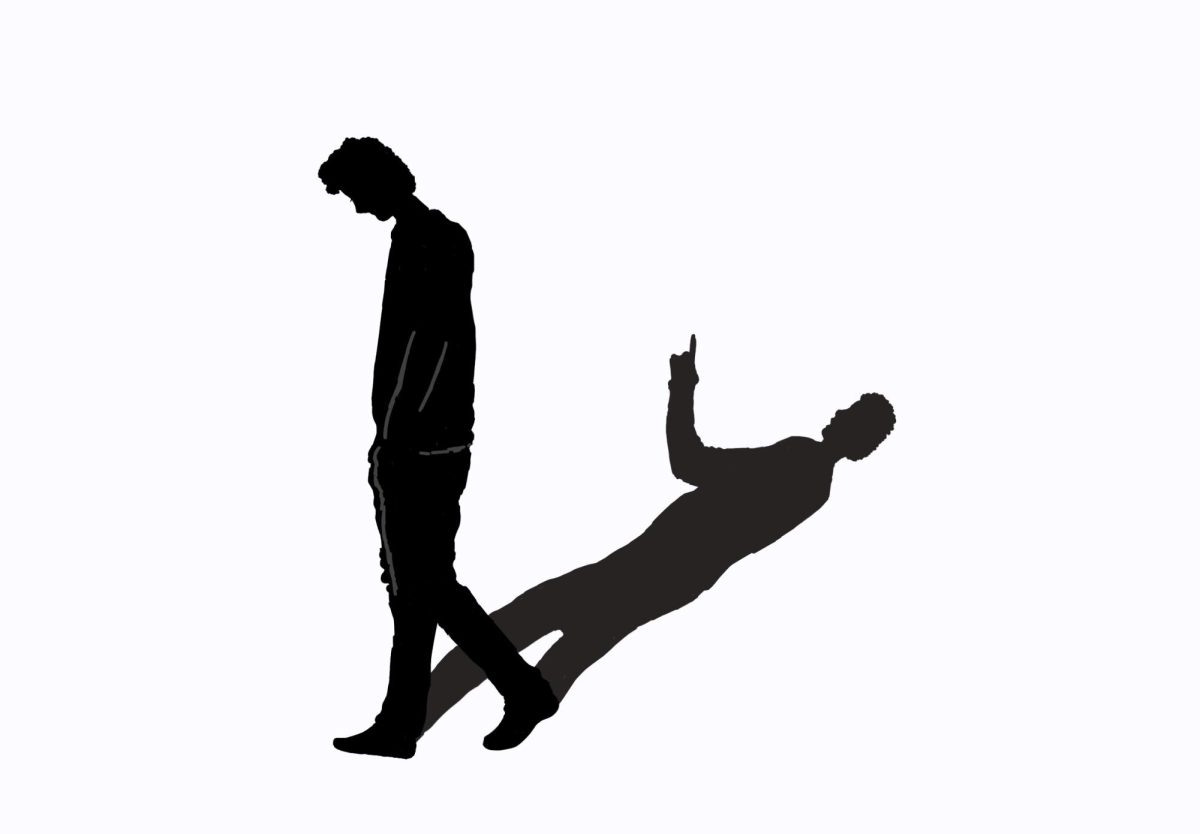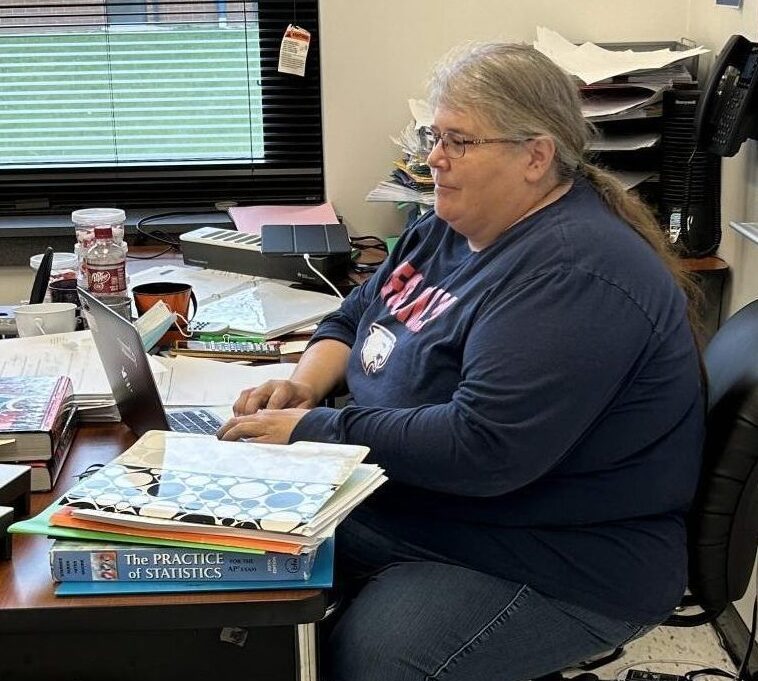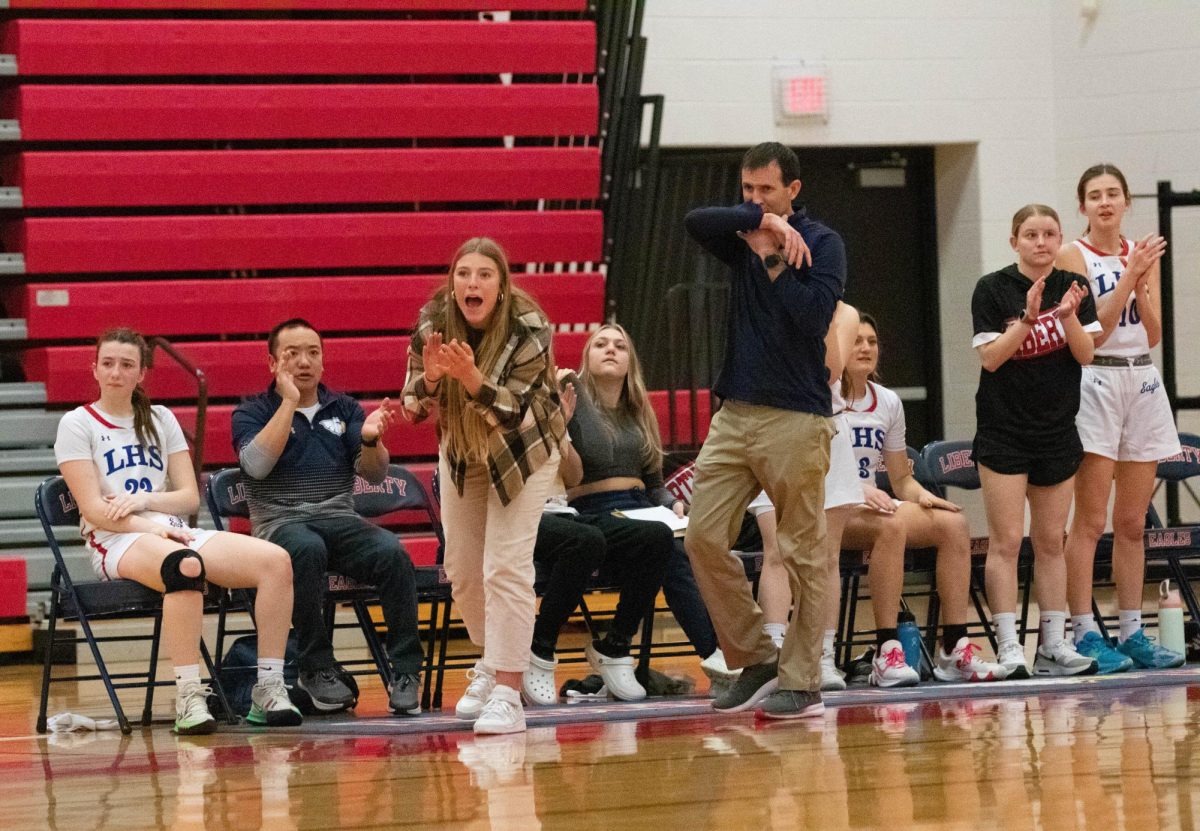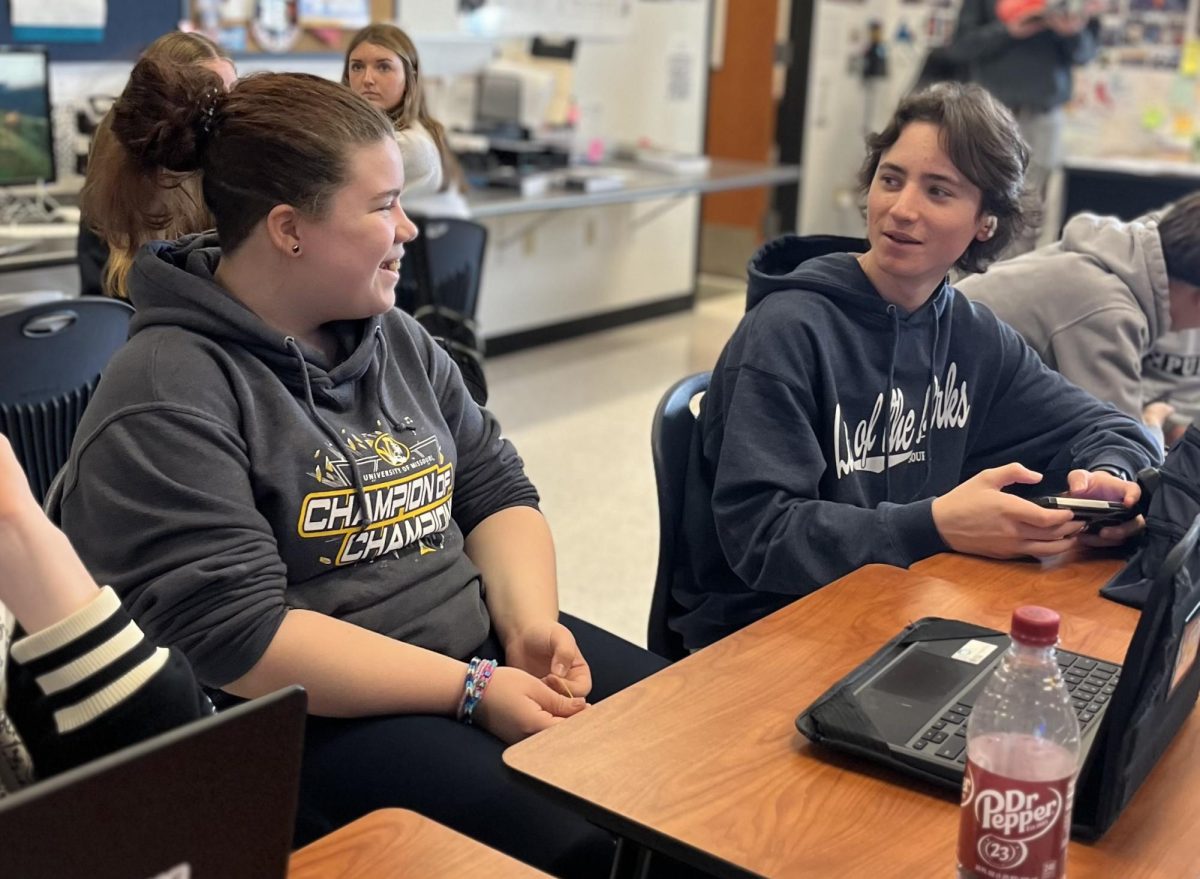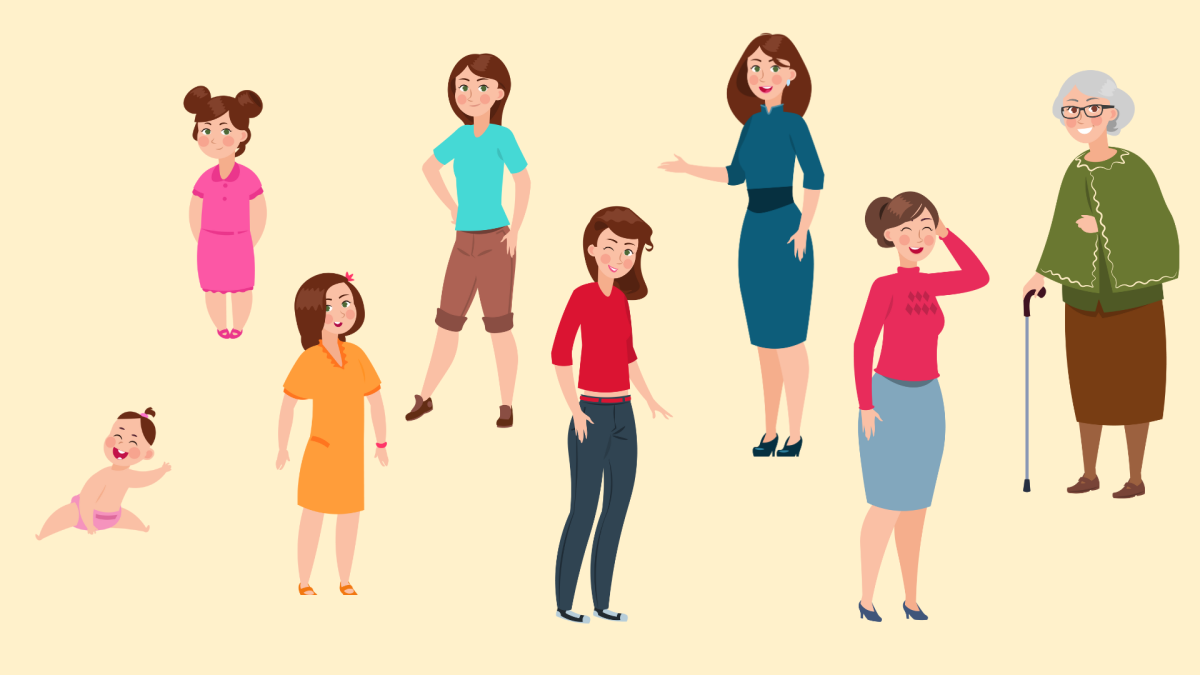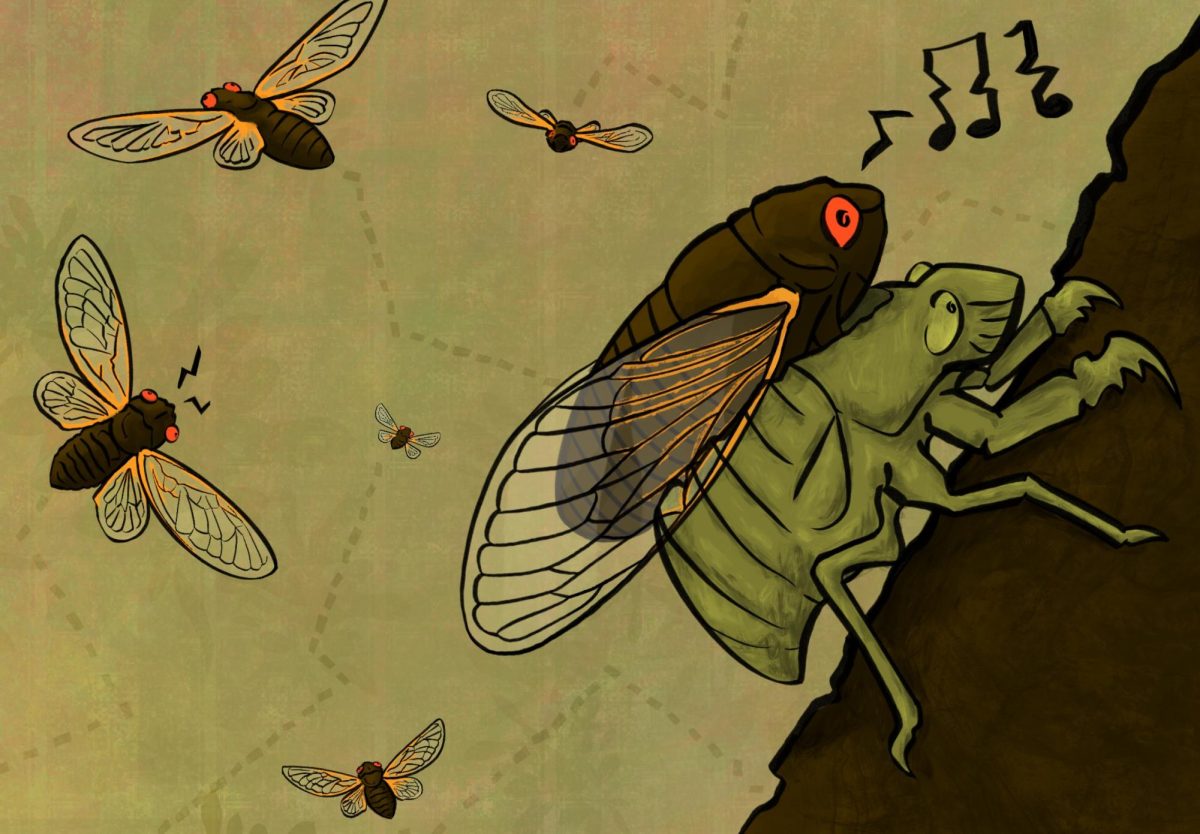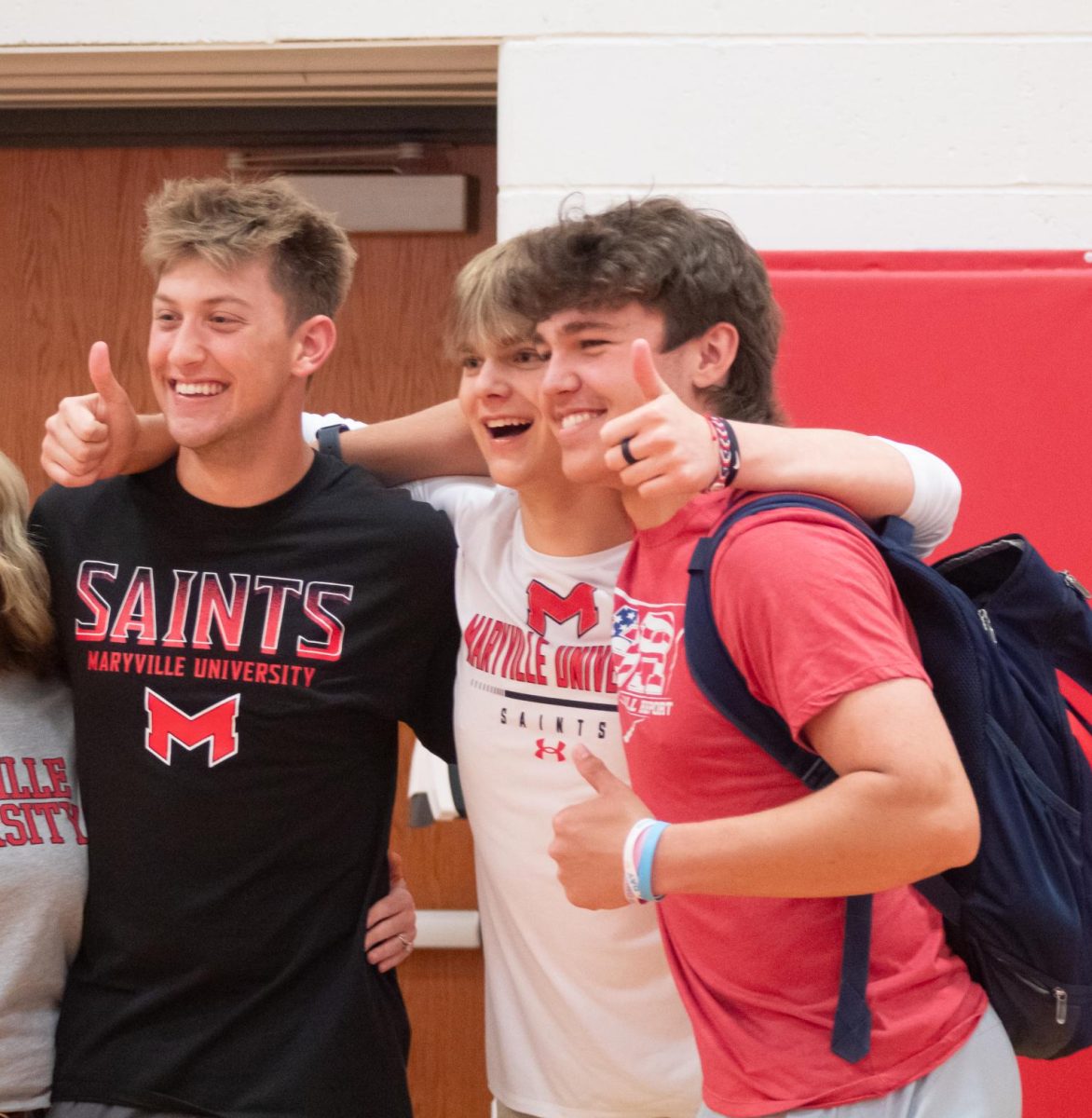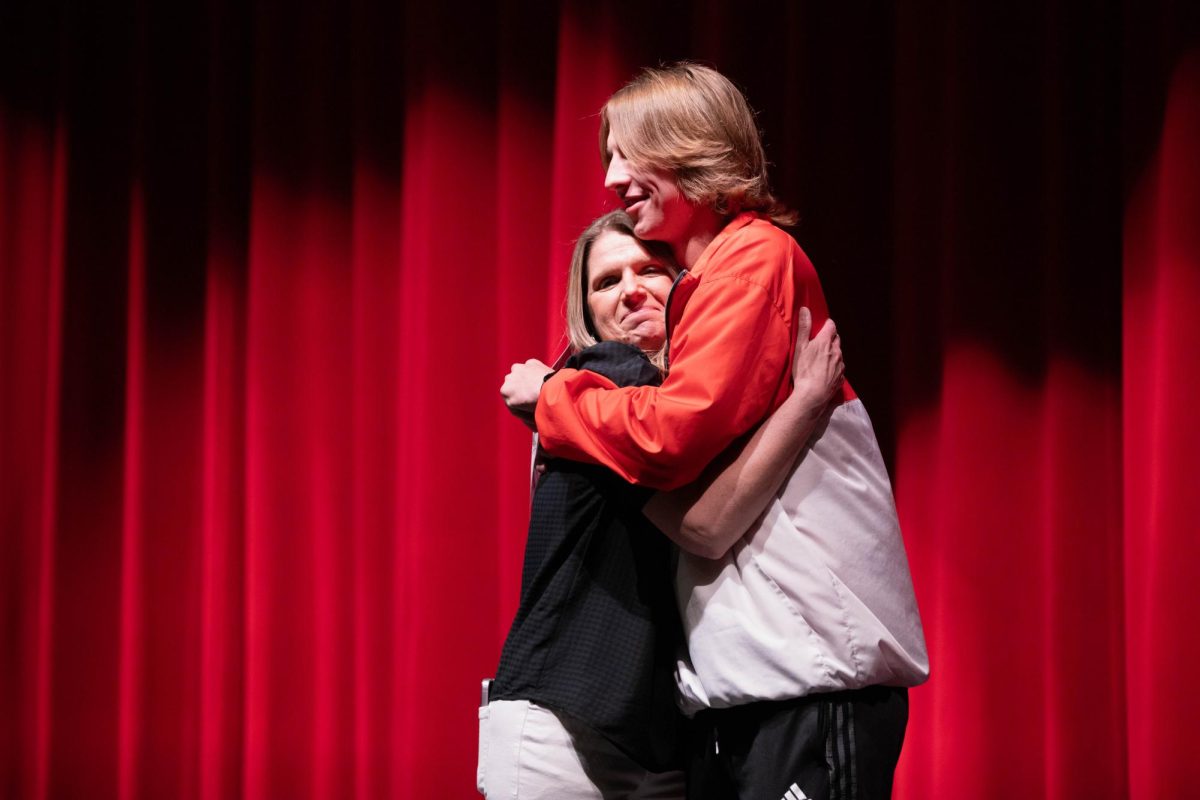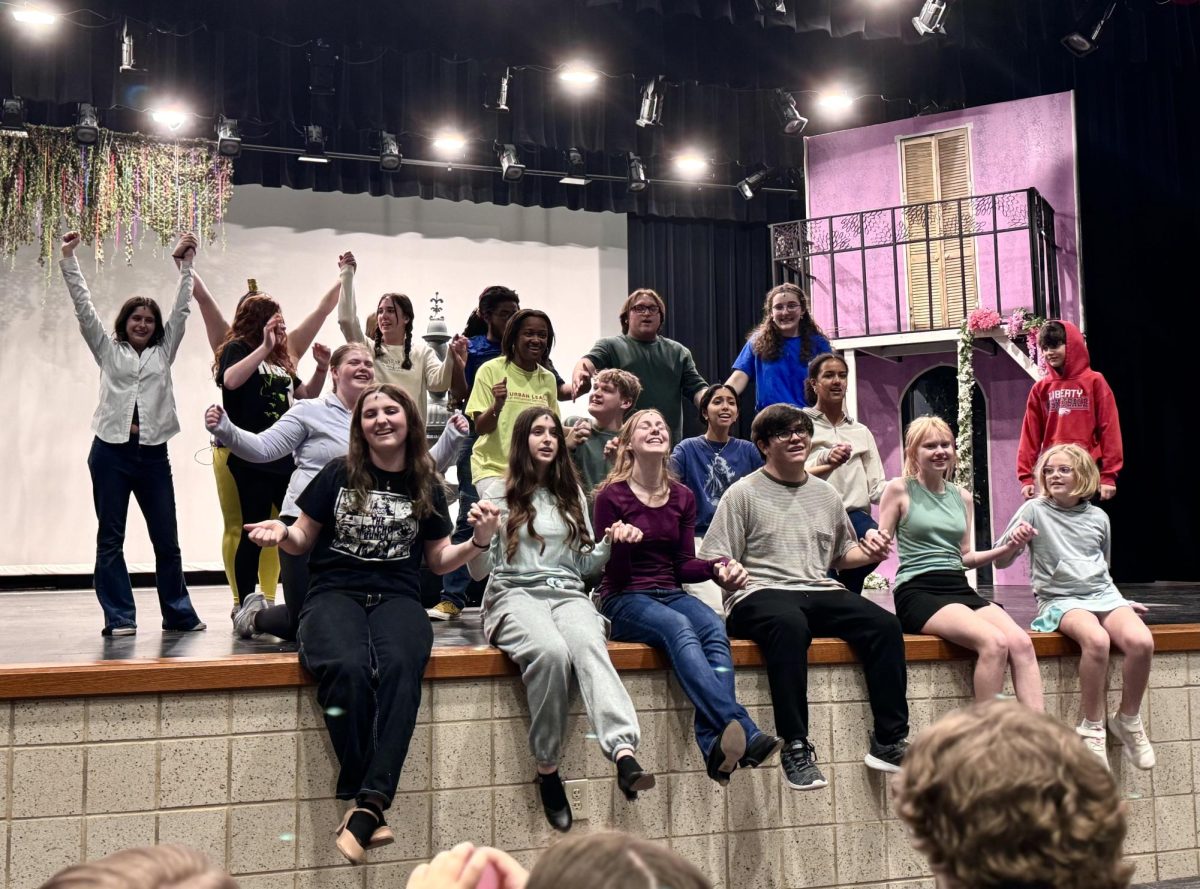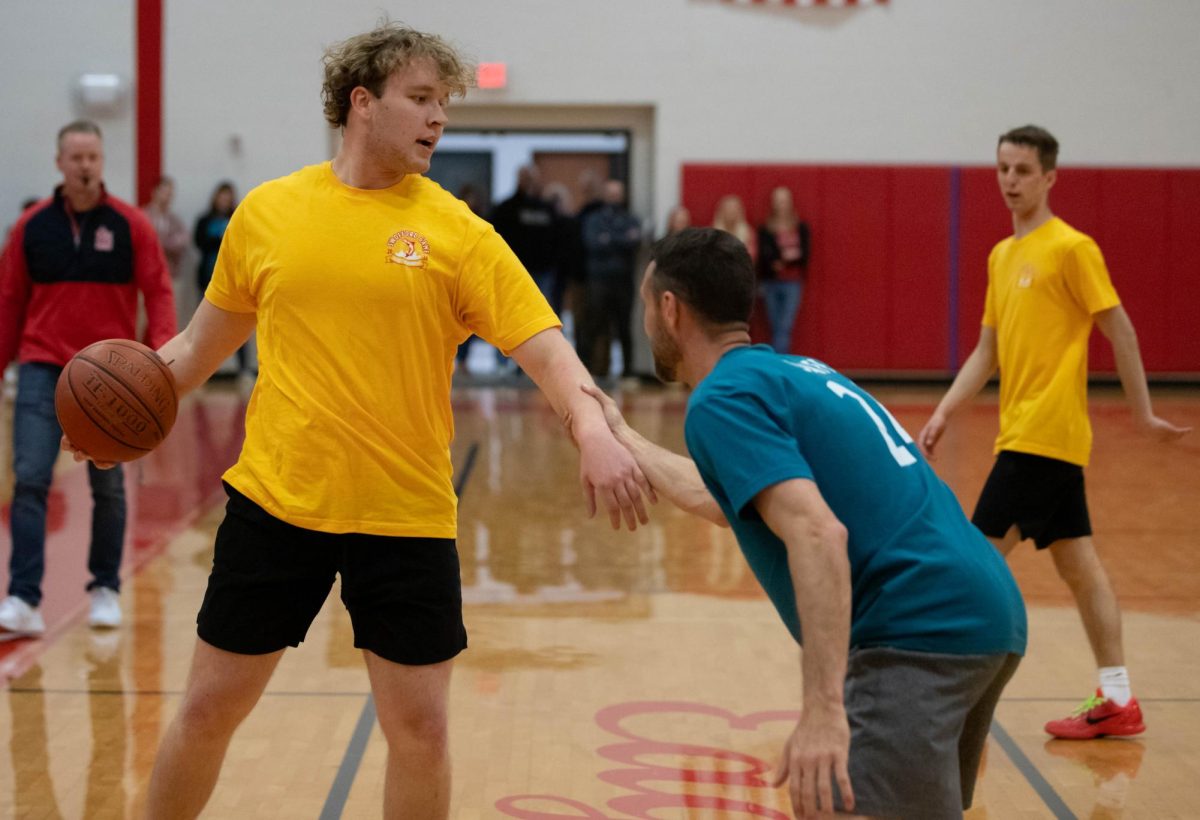When you think of a foster kid, what is the first impression you get? Is it someone who is a troubled teen or is it someone who was such a nuisance that the parents could deal with it anymore? While sometimes this is true, nine times out of 10 times the parents aren’t fit to care for a child, nonetheless a teenager.
While being put into the foster system can be good for a child, there are some long lasting side effects. Anxiety, depression, and PTSD are common effects that children in foster care experience. These mental illnesses can develop from abuse, neglect, low self-esteem, or the lack of permanent placement involved with being in the child welfare system. So, does this mean all foster kids are bad and need very special treatment?
That’s not always the case. Mental and behavioral health is the largest unmet health need for these children and teens in the system. Overwhelmingly, the children who go into foster care are the victims of either severe abuse and/or neglect perpetrated by their parent/guardian. — Hope & Home - Christian Charity
As someone who has been in the system and still currently is, I can say for sure not all of kids are bad. We are like any other kid, but with a different story to tell on how we ended up where we are today. More times than not, they are unfairly labeled just because of how they act. Being young and moving into the system isn’t easy on anyone, and the kids all come from different situations that are the cause of why they got put into care in the first place.
This doesn’t automatically filter them into a special category that only certain people can take care of, it just means that they won’t be a perfectly easy kid to take care of. “Sometimes, they have been through a lot, other times not, but they’re just children. No different than any other,” one parent said. Many times kids in the system will get labeled by how they mentally are, but also a label as a result of growing up in multiple homes and/or being subjected to abuse or neglect, resulting in the label of “foster child.”
“They get ‘triggered’ and the fight-flight-freeze response in their brain kicks in,” Brain Newsome, the Executive Director of Fostering Hope Foundation said. This kind of response can be intensified with kids who have been hurt by people who are meant to love them unconditionally. They will focus more on protecting themself, causing them to begin to shut the world out in the moment. “Imagine being on a hiking trail and seeing a mountain lion. What would you do? Your heart rate would spike, you might start sweating, your brain would go into survival mode. In that moment, if someone gave you a math problem to solve, you couldn’t do it, because all you see is that mountain lion. Well, for kids with trauma, that same kind of response can be what they are experiencing in math class, but teachers or students may mistake it as bad behavior,” Newsome said.
This way of thinking is what makes foster kids embarrassed to get a label when someone finds out their story, or when someone doesn’t fully understand where they came from and how far they have actually come. I used to be scared to share my story, but now after realizing that there are more kids like me out there who have gone through the same thing I feel more comfortable and even empowered to share my story.

With trauma, the question is not “what’s wrong with you” but “what happened to you?”
— Brain Newsome - Executive Director of Fostering Hope




